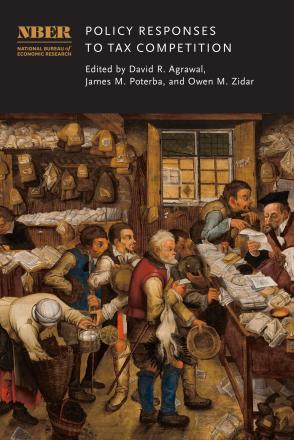Interjurisdictional Competition and Coordination: Evidence from Kansas City

When do jurisdictions compete to attract firms with business incentives and when do they coordinate? A simple model of inter-jurisdictional competition and firm location choice describes how the jurisdictions’ gains from coordination depend on economic spillovers, competitive externalities, and political payoffs from winning firms. The potential gains from internalizing spillovers and competitive externalities are high if one of the two externalities is dominant. On the other hand, coordination can result in the loss of political payoffs. The model is applied to a case study of the competition between Kansas and Missouri for relocation of existing Kansas City firms across the border. Economic spillovers and competitive externalities between the two states likely were strong, suggesting that high political payoffs intensified the state competition. The growing unpopularity of the competition likely reduced the political payoffs and pushed the two states to agree on reducing the relocation incentives.
-
-
Copy CitationDonghyuk Kim, Policy Responses to Tax Competition (University of Chicago Press, 2023), chap. 5, https://www.nber.org/books-and-chapters/policy-responses-tax-competition/interjurisdictional-competition-and-coordination-evidence-kansas-city.Download Citation
-


